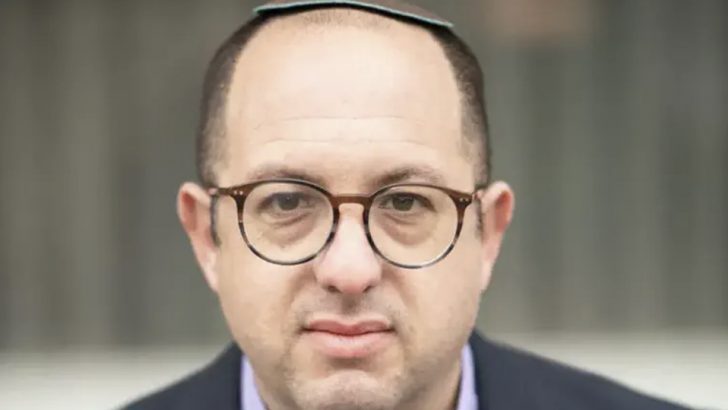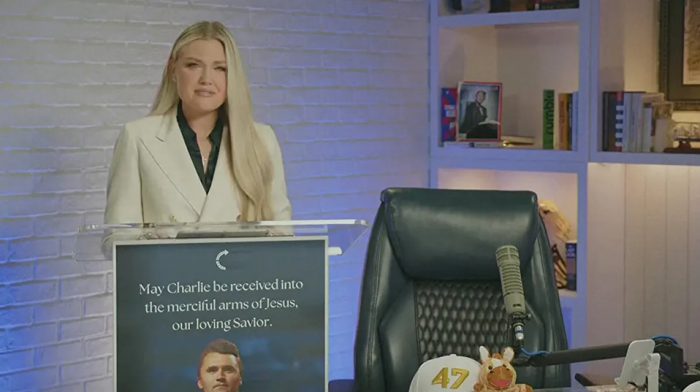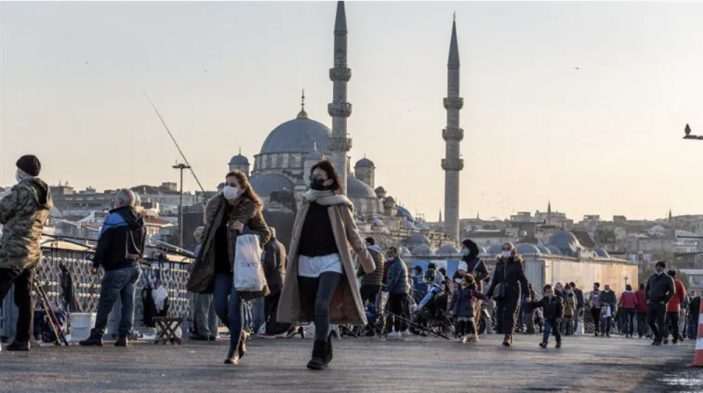Zvika Klein, the editor-in-chief of the Jerusalem Post, claims that the investigation into ‘Qatar-Gate’ is plagued with both professional and ethical problems.
Zvika Klein, the editor-in-chief of the Jerusalem Post, spoke with Arutz Sheva – Israel National News about his interrogation by Israeli police regarding an investigation into alleged ties between Israeli political figures and the Qatari government. The investigation, widely referred to as Qatar-Gate, has raised significant questions about journalistic freedom and the relationship between the press and the government in Israel.
Klein began with the circumstances surrounding his interrogation, which initially started as a routine questioning but later escalated into a full-blown investigation. “I was called in for questioning about what’s called Qatar-Gate,” Klein explained. “It involves claims of connections between people close to the prime minister and individuals allegedly paid by or linked to Qatar.”
The investigation traced a trip Klein made to Qatar in April 2024, where he was invited by the Qatari government. Klein wrote two articles about his experience. In the spirit of journalistic objectivity, Klein ensured that his coverage was balanced by publishing counter-articles that criticized Qatar. “When you’re interviewing Qatari officials, you’re bringing their story. That’s how I see journalism,” Klein stated. “We do what we think is right and objective.”
However, as the investigation unfolded, it became apparent that Klein’s contacts during the trip had connections to figures within the Israeli government. These individuals, Klein noted, were not always transparent about their affiliations, and their roles raised questions about potential conflicts of interest. “We’re vessels for information – people use us and we use people,” he said, acknowledging the complexities of the profession.
Klein expressed frustration at the police’s treatment of him, particularly the fact that his phone was seized without a warrant. “They took my phone, and I still haven’t gotten it back. There was no warrant,” he said. “I’ve seen leaks from my phone and interrogation transcripts in the Israeli media. It’s clear they came from the authorities, not from my side.”
These leaks, Klein emphasized, had a serious impact on his trust in the authorities. “I wanted to help the investigation, to provide any information that could be useful in uncovering the truth,” he explained. “But when I saw that they were leaking everything, I began to say ‘You keep on leaking everything, so why should I give you this information?'”
Klein’s experience, he said, has helped him understand the challenges faced by others in similar situations. “It’s very frustrating, and it’s not just about me,” he said. “This problem didn’t start with me, and it won’t end with me.” Despite the personal toll, Klein remains steadfast in his commitment to exposing issues that have serious national and security implications.
When asked about the future of the investigation, Klein acknowledged that while he couldn’t discuss specific details, there were certainly issues that warranted further scrutiny. “There are many problematic elements here— I don’t know whether they’re illegal or not, but ethically, morally, or nationally, securitywise,” he said.
As Klein returned home to his family after the intense interrogation, he reflected on the impact it had on his personal life. “My wife was abroad, and I was supposed to pick up my kids,” he said. “They wouldn’t let me leave, and it was difficult. When my kids asked why I couldn’t leave, I told them I was helping the police. I said the police are good people, and when they grow up, I’ll explain more, although some of them are more into politics than others.”
Despite the challenges, Klein remains committed to his role as a journalist, undeterred by the interference in his personal and professional life, and insists that journalistic work must be allowed to continue without outside pressure. “It’s a complex story. There are things here that should be looked into as much as possible,” he concluded.





